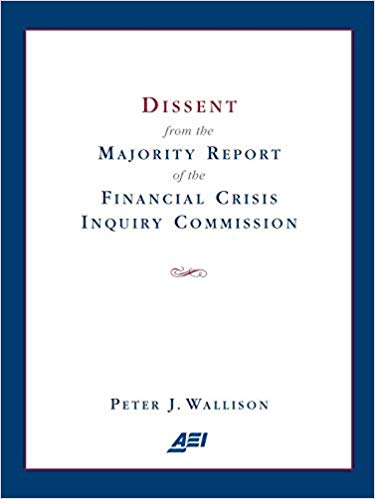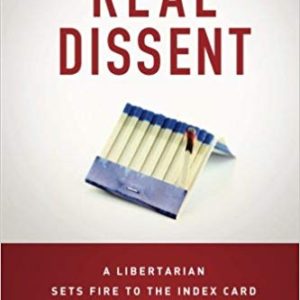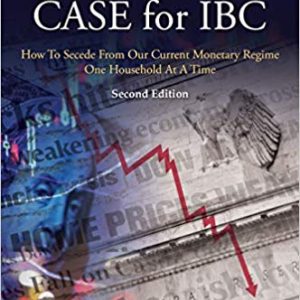Description
The question I have been most frequently asked about the Financial Crisis Inquiry Commission (the “FCIC” or the “Commission”) is why Congress bothered to authorize it at all. Without waiting for the Commission’s insights into the causes of the financial crisis, Congress passed and President Obama signed the Dodd-Frank Act (DFA), far-reaching and highly consequential regulatory legislation. Congress and the President acted without seeking to understand the true causes of the wrenching events of 2008, perhaps following the precept of the President’s chief of staff: “Never let a good crisis go to waste.” Although the FCIC’s work was not the full investigation to which the American people were entitled, it has served a useful purpose by focusing attention again on the financial crisis and whether–with some distance from it–we can draw a more accurate assessment than the media did with what is often called the “first draft of history.”
To avoid the next financial crisis, we must understand what caused the one from which we are now slowly emerging, and take action to avoid the same mistakes in the future. If there is doubt that these lessons are important, consider the ongoing efforts to amend the Community Reinvestment Act of 1977 (CRA). Late in the last session of the 111th Congress, a group of Democratic Congress members introduced H.R. 6334. This bill, which was lauded by House Financial Services Committee Chairman Barney Frank as his “top priority” in the lame duck session of that Congress, would have extended the CRA to all “U.S. nonbank financial companies,” and thus would apply to even more of the national economy the same government social policy mandates responsible for the mortgage meltdown and the financial crisis. Fortunately, the bill was not acted upon. Because of the recent election, it is unlikely that supporters of H.R. 6334 will have the power to adopt similar legislation in the next Congress, but in the future, other lawmakers with views similar to Barney Frank’s may seek to mandate similar requirements. At that time, the only real bulwark against the government’s use of private entities for social policy purposes will be a full understanding of how these policies were connected to the financial crisis of 2008.
Like Congress and the Obama administration, the Commission’s majority erred in assuming that it knew the causes of the financial crisis. Instead of pursuing a thorough study, the Commission’s majority used its extensive statutory investigative authority to seek only the facts that supported its initial assumptions–that the crisis was caused by “deregulation” or lax regulation, greed and recklessness on Wall Street, predatory lending in the mortgage market, unregulated derivatives, and a financial system addicted to excessive risk taking. The Commission did not seriously investigate any other cause and did not effectively connect the factors it investigated to the financial crisis. The majority’s report covers in detail many elements of the economy before the financial crisis that the authors did not like, but generally fails to show how practices that had gone on for many years suddenly caused a worldwide financial crisis. In the end, the majority’s report turned out to be a just-so story about the financial crisis, rather than a report on what caused the financial crisis.
Peter J. Wallison is the Arthur F. Burns Fellow in Financial Policy Studies at AEI.





